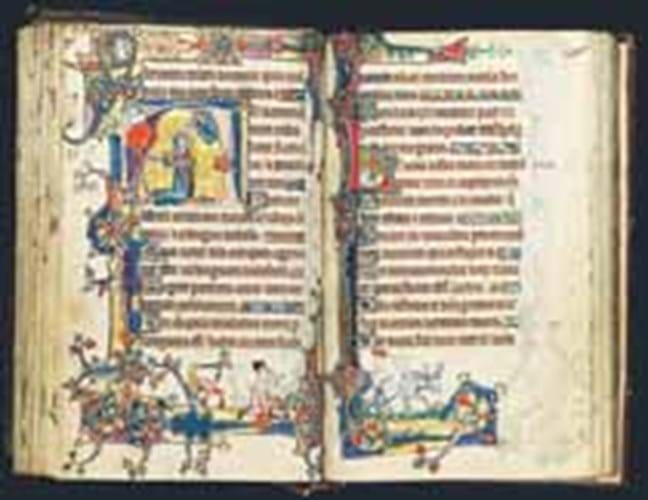
In the publication of its centenary conference proceedings last week, the charity called for an active and vigorous change to the way museums and galleries buy art.
The paper, entitled Saving Art for the Nation: A Valid Approach to 21st Century Collecting?, states that curators need to be encouraged to seek out what is best on the market, rather than follow the tendency to focus only on works at risk.
It expresses great concern that serious fundraising campaigns only begin once overseas museums or foreign buyers purchase a masterpiece and apply for an export licence. It also questions whether as much as 90 per cent of the Lottery money available for acquisitions should be being used to secure works already in the UK.
"It's not just about the works that we're in danger of losing," said Art Fund director David Barrie, "it's about the great opportunities that are being missed."
The Art Fund, which offered £5 million to museums and galleries in 2003, said it would try to tackle this situation by embarking on a series of new policies. They will include pledging grants before a museum has embarked on a fundraising campaign and also making larger grants to smaller museums to encourage major purchases.
The Art Fund's new grant for the Macclesfield Psalter, right, follows the £400,000 that they originally pledged to help the Fitzwilliam Museum bid for the recently discovered East Anglian masterpiece when it came up for sale at Sotheby's in June. There, underbid by London dealer Sam Fogg who had pledged to give the Fitzwilliam first-refusal on the manuscript at no mark-up, it sold to the Getty Museum in California for a premium inclusive £1.7m.
The Heritage Lottery Fund had declined a request for a grant, concerned that (because of the delicate nature of the manuscript) there would not be enough public access.
Arts Minister Tessa Jowell has placed an export bar on the psalter until November and the Art Fund has called upon Heritage Lottery Fund to re-examine its decision and recognise the importance of the distinctively English medieval rarity by making a generous contribution.




